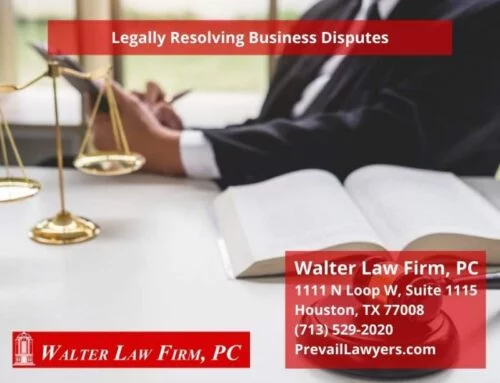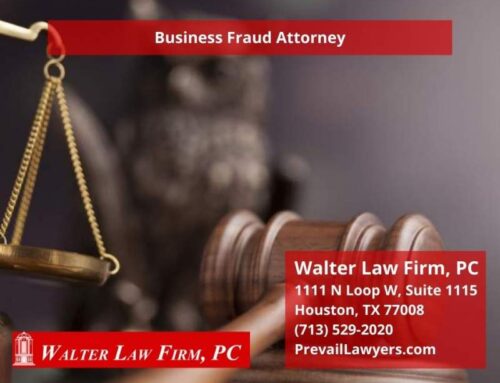Answer To Debt Collection Lawsuit Example
In many ways the Debt Collection Lawsuit Process proceeds like any other case.. We will start with a review of your contract, if any, along with the invoices, statement of account, and any prior correspondence with the customer, including emails and text messages. The interest due should be calculated at the legal rate – 6% per annum unless a statute or written contract signed by the debtor allows for more.
An Original Petition is the first document filed with the court, and will identify the parties, the factual background and legal basis of the claim, the amount claimed you claim to be due, and makes a claim for interest, attorneys fees and court costs. The clerk of court will issue a citation to each defendant, which must be served by the Constable or a private process server.
What Is The Litigation Process
After being served, your defendant will have until the next Monday after 20 days from the date of service, to file an answer. If no answer is filed, you can prepare a Motion for Entry of Default Judgment, along with a Certificate of Last Known Address, Non-Military Affidavit, Non-Military Certificate, any required affidavits proving up the amount due, and a proposed Default Judgment. In most courts, a default judgment will be filed within two weeks from when it is submitted.
If any Defendants file an answer, the next step is called “discovery.” Both sides have a right to send written questions, requests for documents or inspection of property, and depose witnesses. The purpose of discovery is to find out what claims and defenses may be raised at trial, so that both sides can be prepared, and can evaluate whether the case should be settled instead of being tried.
How To Get A Debt Lawsuit Dismissed
Litigation Steps…
 Most cases are assigned by the court to mediation at some point before the trial date. Mediation is a formal settlement discussion. Each party sits with their attorney, and a trained mediator, usually a lawyer experienced in the same type of case as the one they are mediating, goes back and forth between the parties to try to negotiate a settlement. It’s a surprisingly effective process – I’ve settled many cases at mediation that I swore would never settle as long as I walked the earth. It can be a good time to discuss any troublesome aspects of the case, and get a “reality check” about how those aspects might play in front of your judge or a jury. Mediation also allows the parties more control over how their case is resolved, since the parties are free to agree to terms which could not be ordered by the court.
Most cases are assigned by the court to mediation at some point before the trial date. Mediation is a formal settlement discussion. Each party sits with their attorney, and a trained mediator, usually a lawyer experienced in the same type of case as the one they are mediating, goes back and forth between the parties to try to negotiate a settlement. It’s a surprisingly effective process – I’ve settled many cases at mediation that I swore would never settle as long as I walked the earth. It can be a good time to discuss any troublesome aspects of the case, and get a “reality check” about how those aspects might play in front of your judge or a jury. Mediation also allows the parties more control over how their case is resolved, since the parties are free to agree to terms which could not be ordered by the court.
Next is trial – but rarely are trials quite like they are on Perry Mason. Witnesses are called, evidence admitted, and the judge or jury makes a determination based on the admitted evidence. Unpredictable things happen, but if the case has been prepared properly, surprises should be minimized.
How To Settle A Debt Collection Lawsuit In Tx
Of course, each case is a little different, and a lot can depend on the credibility of the testimony, documentary evidence, and overall strategy. Therefore, it’s important to have a lawyer who is experienced in actually trying cases. Just as you wouldn’t want a foot doctor or psychiatrist doing brain surgery, and you also don’t want a lawyer who has little courtroom experience when your case goes to trial.
After trial, the court will enter a judgment. When the judgment is final, the real collection action begins by filing an abstract of the judgment in the real property records of any county in which your judgment debtor might own property. Post judgment discovery asking about assets can be performed, and a writ of execution issued and served on the judgment debtor to seize and sell any non-exempt property to pay the judgment. If these are unsuccessful, you may want to consider hiring a receiver to seize and sell the non-exempt assets to pay the judgment.
If you are – or need to be – involved in a collection matter, call us, because
It Feels Good to Prevail!
Our Houston Office
Frequently Asked Questions
How Do You Get A Debt Case Dismissed?
1.Defend the standard of evidence... 2. Point to the statute of limitations. ... 3. Hire a lawyer on your own. 4. If the creditor has violated the rules, file a counter-suit. 5. Possibly make a bankruptcy filing.
What Happens When A Debt Collector Sues You?
If the court issues a default judgment against you, the debt collector may be able to: garnish your wages to recover the sum you owe; Place a lien on your home or business; Freeze your bank account's funds.
Can A Collection Company Garnish Your Wages?
In some cases, a debt collector may have the legal authority to garnish your wages, but typically only if approved by court order. A judgment against you may result in the garnishment of your property or wages as a result of such a lawsuit.





